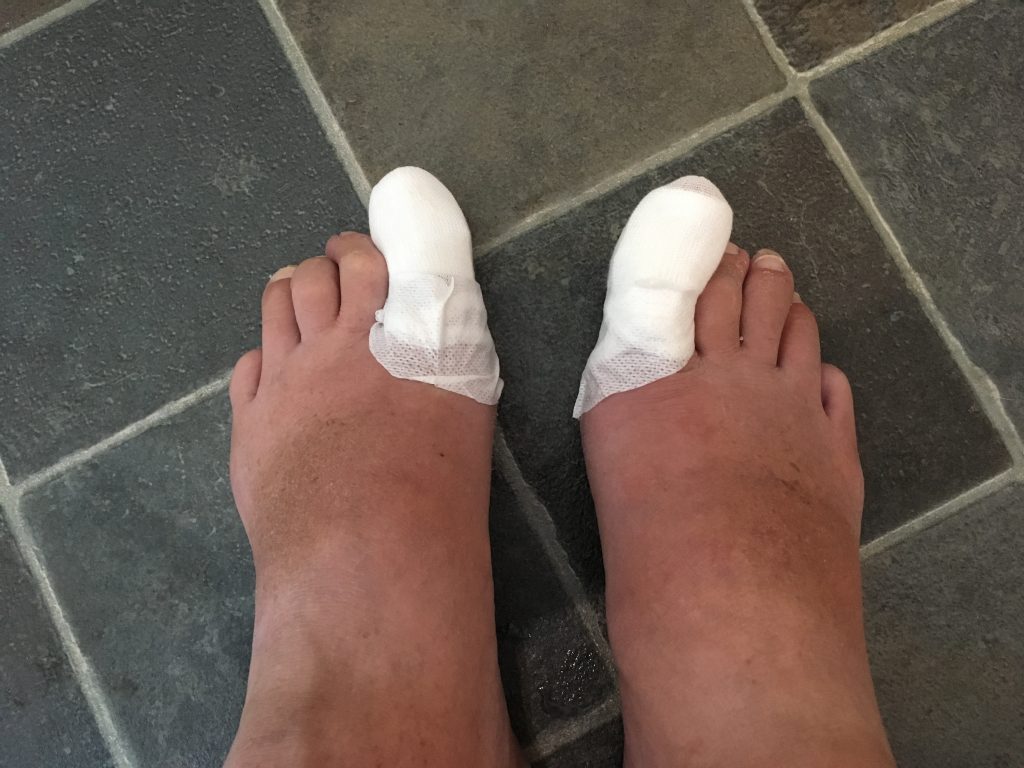Our President, Tim, gave a terrific talk at the last Probus meeting. It was all about the Suez Canal, and particularly about the merchant ships that were trapped for eight years in the canal, ending only when the Yom Kippur war ended in in 1975. The focus of the talk was about the camaraderie that existed between the sailors from the 14 trapped ships, even though they came from many different countries.
As our Probus talks often do, I started wondering about other canals constructed in the world.
I’ve seen a huge canal with a massive lock for seagoing ships in the Niagara area of the US/Canada border. Very impressive engineering to enable large ships to go further upstream than the natural rivers would allow.
Of course the Panama canal is very well known, connecting the Atlantic and Pacific oceans, enabling ships to avoid a very long journey around the cape Construction started in 1881, and opened in 1914. The locks constructed have been widened to enable today’s massive ships to pass through.
The Corinth canal was thought about from 600 BC, but plans were hindered by the thought that the Adriatic Sea would flood the Aegean! Emperor Nero was the first to start it in 67AD, helped by 6000 slaves, but sadly he was murdered before its completion. It was finally completed in 1893, but because its only 25 metres wide it cannot be used by current merchant ships – it’s for tourists now!
The Caledonian Canal in Scotland runs from Inverness to Fort William, and it was completed in 1812. Having been constructed for a variety of reasons (unemployment, ship safety, to help the fishing industry etc.), on completion it was of little/no commercial advantage, and has become a tourist route. The canal follows the line of a massive geological fault which identifies the northern side of the Great Glen as having originated in North America, and tectonic plate movement resulted it in becoming part of Scotland. Cynically, I wonder if it had been a bit further south it would have been very useful as a replacement of Hadrian’s Wall for a potential boundary between Scotland and England!
I guess that massive engineering projects (think HS2, Northern Powerhouse Rail (HS3), and Boris’s bridge between Scotland and Ireland) are likely to have their objectives changed in the time it takes to build them, and possibly come to be regarded as ‘follies’ over the longer term. However they are significant human activities showing what we can do as a species – even if the end result is wonder rather than improvement.

